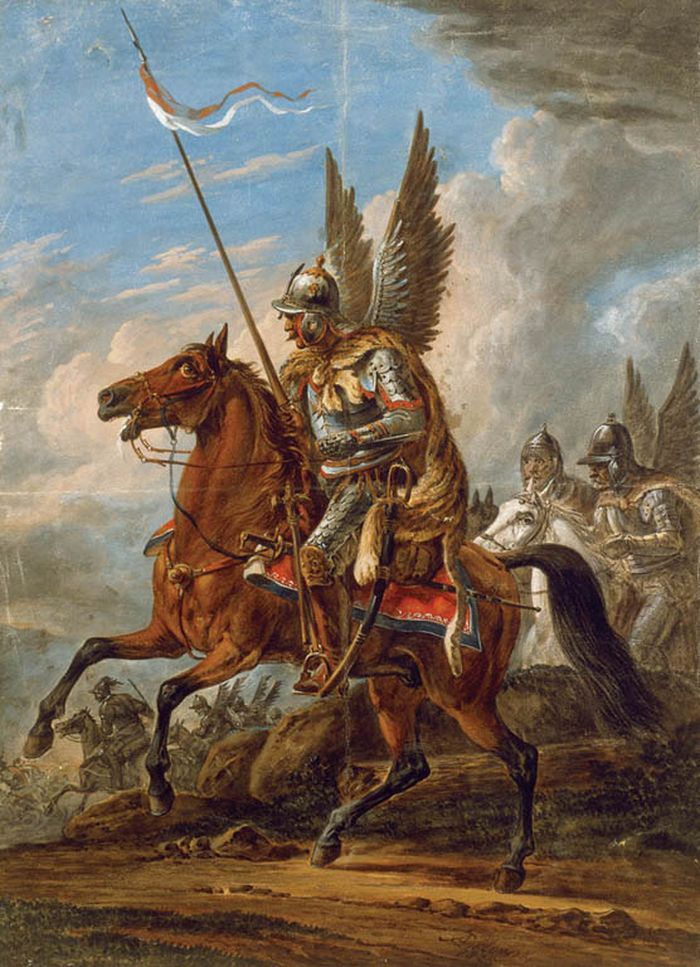Bernier
(12th or 13th Century, a.d.)
Nothing is known of the author of this story except his name, which is signed on the MS. The Divided Horsecloth is one of the best examples of a type that flourished in France during the Twelfth and Thirteenth Centuries: the Fabliau is a short story in verse differing principally from the Lay and the Pious or Devotional Tale by its simple style and its appeal, which is directed rather to the middle classes than the nobility. This particular story has been very popular with later writers, among whom both Montaigne and Browning have made use of it.
The present version is translated by Eugene Mason, in the volume Aucassin and Mcolette and Other Medieval Romances and Legends. Published in Everyman`s Library, J. M. Dent and Sons, by whose permission it is here reprinted.
The Divided Horsecloth
Each owes it to his fellows to tell as best he may, or, better still, to write with fair enticing words, such deeds and adventures as are good and profitable for us to know. For as men come and go about their business in the world, many things are told them which it is seemly to keep in remembrance.
Therefore, it becomes those who say and relate, diligently and with fair intent to keep such matters in thought and study, even as did our fathers before us. Theirs is the school to which we all should pass, and he who would prove an apt scholar, and live beyond his day, must not be idle at his task. But the world dims our fine gold: the minstrel is slothful, and singers forget to sing, because of the pain and travail which go to the finding of their songs. So without waiting for any to-morrow, I will bring before you a certain adventure which chanced, even as it was told to me.
Some seven years ago it befell that a rich burgess of Abbeville departed from the town, together with his wife, his only son, and all his wealth, his goods and plenishing. This he did like a prudent man, since he found himself at enmity with men who were stronger and of more substance than he. So, fearing lest a worse thing should bechance him, from Abbeville he went up to Paris.
There he sought a shop and dwell¬ing, and paying his service, made himself vassal and burgess of the King. The merchant was diligent and courteous, his wife smiling and gracious, and their son was not given over to folly, but went soberly, even as his parents taught him. Much were they praised of their neigh¬bors, and those who lived in the same street often set foot in their dwell¬ing.
Read More about The Story in it part 1








